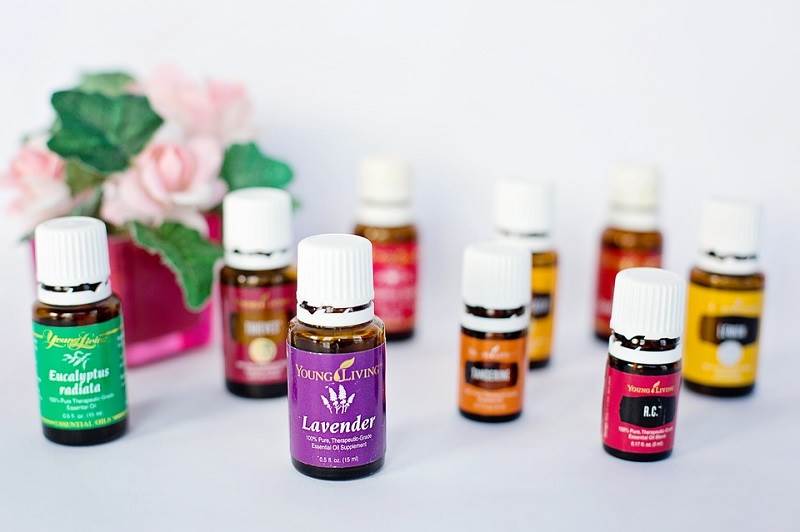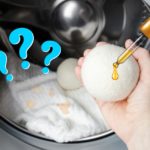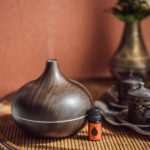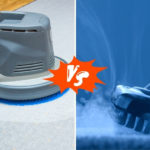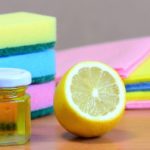As we become more aware of substances that are harmful to both us and our surrounding environment, more people are choosing to find natural solutions to everyday tasks.
This includes reducing the amount we pollute by choosing greener modes of transport, and eating clean to fuel our bodies with nutrients rather than toxins.
Yet another change that can be made to reduce the amount of chemicals used on a daily basis is by swapping out normal household cleaning products for essential oils.
Essential oils such as lemon, cinnamon and peppermint can all be put to use around the house, reducing bacteria and dirt and leaving a clean and fresh environment behind.
Citrus Essential Oils for the Kitchen
Citrus-based essential oils are multifunctional, but are particularly beneficial when used in kitchen cleaning.
Lemon
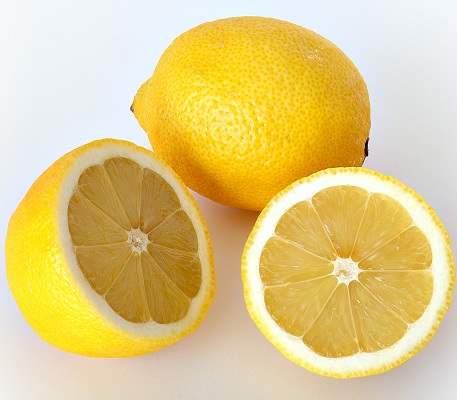
Lemon essential oil is an awesome natural cleaner that does wonders for keeping your home clean and fresh.
First off, lemon oil smells amazing. But it’s not just about the fragrance. This stuff is a powerhouse when it comes to fighting bacteria.
That’s why it’s perfect for tackling all sorts of cleaning tasks, especially in the kitchen where things can get really messy.
The great thing about lemon oil is that it can clean big areas and make the whole room smell fantastic.
Whether you’re wiping down countertops, scrubbing floors, or giving your appliances some TLC, lemon oil can get rid of dirt, grime, and bacteria, leaving your place naturally clean and super fresh.
And if you want your windows to sparkle, here’s a cool trick: mix lemon oil with vinegar. This combo creates a super strong window cleaner that’s also eco-friendly. It cuts through tough grime, smudges, and fingerprints like a champ, giving you crystal-clear glass.
Plus, it leaves a lovely smell behind, replacing those nasty chemical odours with a delightful, fresh scent.
But lemon oil isn’t just for cleaning. It has other handy uses around the house too. Got some stinky areas like the fridge, trash cans, or those musty corners? No worries!
Just mix a few drops of lemon oil with water in a spray bottle and spritz it around. It’ll zap those unpleasant odours and make things smell nice and clean.
Oh, and here’s a bonus: lemon oil can keep bugs away. If you’re tired of dealing with ants and flies, mix lemon oil with water and use it as a spray. This natural solution will keep them at bay without using any harmful chemicals.
Remember, though, a little lemon oil goes a long way. Make sure to dilute it properly in water or other cleaning solutions to get the best results and avoid any potential damage to your surfaces.
By adding lemon essential oil to your cleaning routine, you’re not only benefiting from its incredible antibacterial powers but also reducing your reliance on chemical-heavy cleaners.
That means you’re creating a healthier living environment for you and your loved ones. It’s a win-win situation!
Wild orange

Wild orange essential oil is a versatile option for kitchen cleaning, especially when it comes to tackling stubborn grease that lemon essential oil may struggle with.
Whether you apply it directly to greasy spots or dilute it in water for washing kitchen surfaces, wild orange oil proves effective in conquering even the toughest kitchen grime.
Adding a combination of wild orange and lemon oils to warm water for cleaning the kitchen floor offers several benefits. Lemon essential oil not only provides antibacterial and antiviral properties but also excels at brightening surfaces, making it ideal for removing dirt and stubborn marks.
While lemon oil works its magic in brightening, wild orange essential oil effortlessly cuts through any remaining cooking grease on the floor. Together, these oils deliver a potent cleaning effect that rivals chemical cleaners while maintaining a fresh and natural approach.
With wild orange essential oil as your ally, you can confidently combat kitchen grease and achieve a sparkling clean hob. Whether you’re targeting greasy spots or refreshing your kitchen floor, this natural powerhouse delivers impressive cleaning results, making your cleaning routine a breeze.
Thyme

Thyme essential oil boasts potent antibacterial properties that make it a reliable choice. Its ability to effectively eliminate salmonella from worktops and cooking utensils is truly remarkable.
Thyme essential oil derives its antibacterial prowess from natural compounds such as thymol and carvacrol. These active constituents have been scientifically proven to exhibit strong antimicrobial effects, making them highly effective in combating bacteria.
When diluted properly, a few drops of thyme essential oil mixed with water can be used to sanitise various surfaces, including worktops, cutting boards, and more.
Just apply the solution, let it sit for a few minutes, and wipe away for maximum effectiveness.
But thyme essential oil’s versatility doesn’t stop there. It can be used beyond worktops and utensils. Consider incorporating it into homemade cleaning solutions or combine it with bicarbonate of soda to create a powerful scrub for tackling stubborn stains.
Don’t forget to conduct a patch test on a small area to ensure compatibility before applying it to larger surfaces. And remember, storing thyme essential oil in a cool, dark place will help maintain its potency over time.
In addition to its impressive antibacterial properties, thyme essential oil also boasts a pleasant aroma that effectively masks unwanted odours in the kitchen.
Cooking smells and lingering odours won’t stand a chance when thyme essential oil is part of your cleaning arsenal. It leaves behind a refreshing scent, transforming your kitchen into a more inviting and delightful space.
Essential Oils for the Bathroom
In the bathroom, antiseptic essential oils are perfect for cleaning, as not only to they break up dirt and freshen the room, but also they assist in reducing bacteria, fungi and viruses, making them excellent to use in rooms that can suffer from mildew.
Two great essential oils for tackling bathroom grime are cinnamon leaf and pine.
Cinnamon leaf oil

Cinnamon leaf oil is very effective when used against mold. It has antibacterial and antiseptic properties, which make it perfect to use where damp can cause the spread of bacteria and fungi.
It could be used on its own on patches of strong mould, or diluted into water to make an effective overall bathroom cleaner. Mixing it in with vinegar would create a great anti-mildew cleaner to use on shower screens and tiles.
Cinnamon oil can also be used to repel silverfish.
Pine
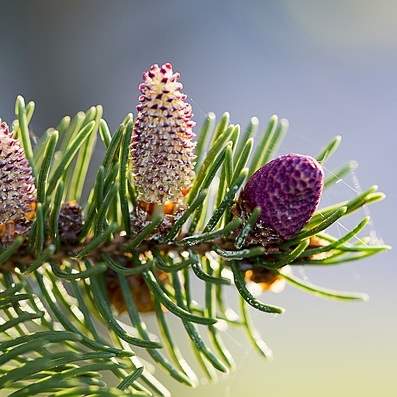
Pine is a scent often used in bathroom and toilet cleaners, as its natural freshness is great for killing odours. Pine essential oil is effective against E.coli and yeast spores, which like cinnamon leaf, makes it ideal to use in the bathroom.
Using pine in conjunction with cinnamon leaf fights against the bacteria that can grow in bathrooms, and could be diluted to clean tiles, wooden floors and bathroom surfaces, or used on its own to fight patches of mold or the grime that builds up on grout and sealant.
Combining Essential Oils
Layering essential oils with different properties can cut cleaning time in half, whilst resulting in a thorough clean and unpolluted household. For example, lavender has antibacterial properties, and encourages a good night’s sleep.
Eucalyptus is fantastic against dust mites and bacteria that can build in your mattress. Using them together to clean bed linen or to deep clean your mattress will not only ensure that bacteria is eliminated, but will also leave a soothing scent in the bedroom.
Both peppermint and rosemary are great household cleaners, deterring bacteria, but when used together, the fragrance is invigorating, and encourages productivity, making it a good combination for an antibacterial room spray.
Using Essential Oils Around Cats
It must be noted that some essential oils can be toxic to cats, and whilst each animal will vary in sensitivity, the following essential oils are known to be harmful to your feline friends:
- Peppermint
- Oregano
- Clove
- Sage
- Citrus oils
- Lavender
- Tea Tree
- Cinnamon
- Wintergreen
- Thyme
- Birch
- Bergamot
- Pine
- Spruce
These oils contain phenols, which when exposed to your cat – either through being used on a surface or dispersed into the air – can cause them to become very ill.
Some animals will be more sensitive than others to essential oils, with some only reacting upon ingestion. Citrus and pine are both perfectly safe to dogs, however, before using essential oils for cleaning purposes, it is advised to discuss your planned usage with your vet.
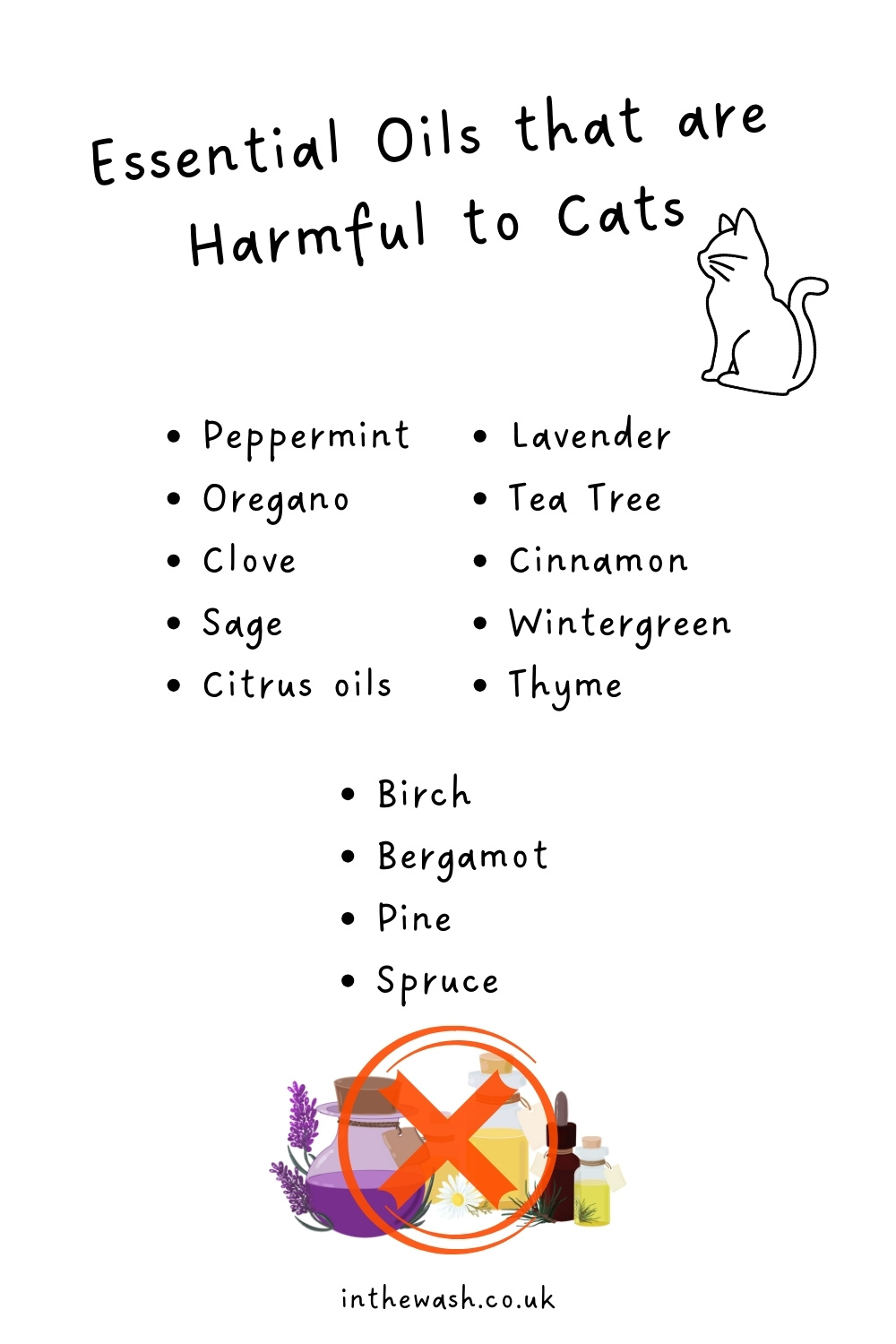
Conclusion
Essential oils are the perfect addition to any household, and a great way to rid yourself of the toxic chemicals used in everyday cleaning products. Their multi-functional natures and natural fresh scents mean that you can either use a different one for each task, or use your favourites all over to create a unique and sanitary environment.
If you love the smell of essential oils, consider getting an essential oil diffuser so you can enjoy their relaxing aroma even when you’re not cleaning!

In The Wash is your guide to the best laundry and cleaning products, tips and tricks. Our mission is to solve the UK’s cleaning and laundry dilemmas!
